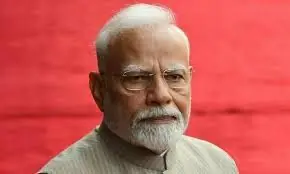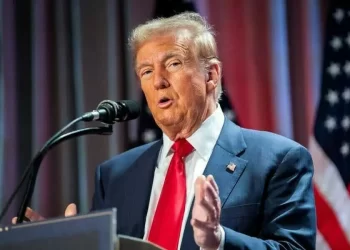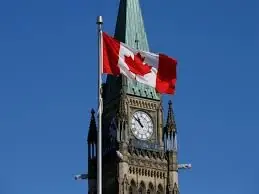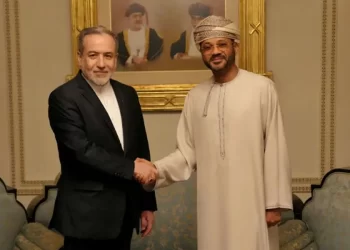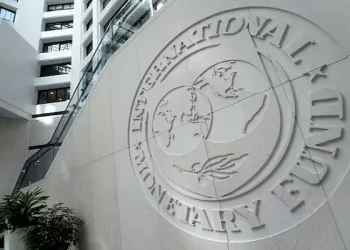HONG KONG (news agencies) — Activist Chan Po-ying is permitted only 15-minute daily visits to see her husband, Leung Kwok-hung, separated by a plexiglass barrier in a highly guarded Hong Kong jail.
Leung, 68, is one of 47 activists who were prosecuted in the largest national security law case to date in the former British colony. Most of them have been separated from their loved ones for years, uncertain when they might reunite. On Thursday, 16 activists who pleaded not guilty — including Leung — will begin hearing their verdict.
The government had warned there might be legal consequences, but Chan didn’t stop former pro-democracy legislator Leung from participating in an unofficial 2020 primary election that would lead to his prosecution under a national security law that Beijing imposed on the semi-autonomous city.
“Maybe we were too naive,” Chan, 68, said with a laugh.
Charged with conspiracy to commit subversion, Leung and other defendants are accused of attempting to paralyze Hong Kong’s government and topple the city’s leader by securing the legislative majority necessary to veto budgets. The charge carries a maximum sentence of life imprisonment. Those who pleaded guilty have a better chance at shorter prison terms and will be sentenced at a later date.
“I guess almost none can be acquitted,” said Chan, who chairs the League of Social Democrats, one of the city’s few remaining pro-democracy parties. “I am not optimistic. But I also hope someone can get away from it.”
Chan was part of a wave of youth activism spreading through Hong Kong when she met Leung in a Marxist group around 1975, when the city was still under British rule.
At first, Chan viewed Leung as a “troublesome guy,” being adamant about winning every debate. Despite this, they fell in love, and their bond transcended mere romance, Chan said; they are “comrades-in-arms.”
A 2005 protest solidified their bond. The two were some of the only Hong Kongers who stayed steadfast with the overseas demonstrators, even after police deployed tear gas and threatened arrest.
“Among those who stood with us in our youth, only the two of us stayed at the site,” she said.
Activism in Hong Kong reached a peak in 2014 with the so-called Umbrella Movement, in which demonstrators used umbrellas to fend off police pepper spray in a nearly 80-day face-off. When Beijing didn’t budge, some young activists began advocating for Hong Kong’s independence.
Suppression was swift. Several pro-independence activists were blocked from joining elections, and in 2018, Hong Kong authorities banned a small pro-independence party.
Ventus Lau was among those caught in the crackdown. He was barred from running in an election in 2018, even though he renounced his pro-independence stance. But that didn’t deter him from becoming more politically active, helping organize protests in 2019 that saw generations of Hong Kongers rallying against a now-withdrawn bill that would have allowed people in the city to be extradited to mainland China.
The largest protest drew an estimated 2 million people — more than a quarter of the city’s population.
Lau, now 30, is one of the defendants who decided to plead guilty in the subversion case related to the 2020 primary. Emilia Wong, a 29-year-old feminist influencer and longtime girlfriend of Lau, supported his activism.
In those years after the Umbrella Movement was stifled, Wong remembered feeling hopeful for a more democratic Hong Kong, despite the somber mood in the city.
“2019 represented a peak of such hopes,” she said. But the high hopes were short-lived.
As protests waned due to mass arrests and COVID-19 restrictions, Beijing intensified its control. On June 30, 2020, the sweeping national security law was imposed. Both the Chinese and Hong Kong governments deemed it necessary to restore the city’s stability. Several political groups dissolved on the same day.
Just a week later, a city official warned that the pro-democracy primaries might violate the security law. They held the vote anyway, resulting in an unexpectedly high turnout of 610,000.
The poll, organized within the pro-democracy camp, was meant to shortlist candidates who would then run in the official election for the legislature, typically dominated by the pro-Beijing camp. They hoped that, with a legislative majority, the government would listen to their demands.


